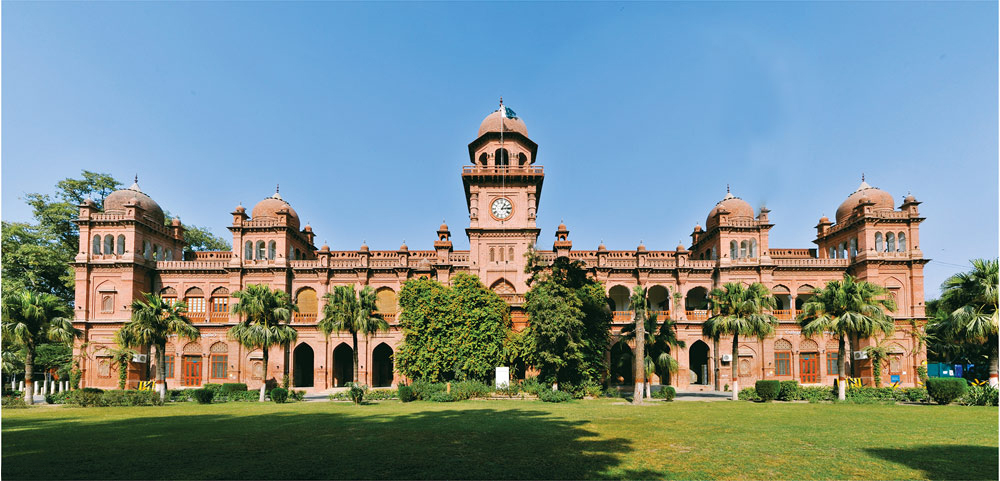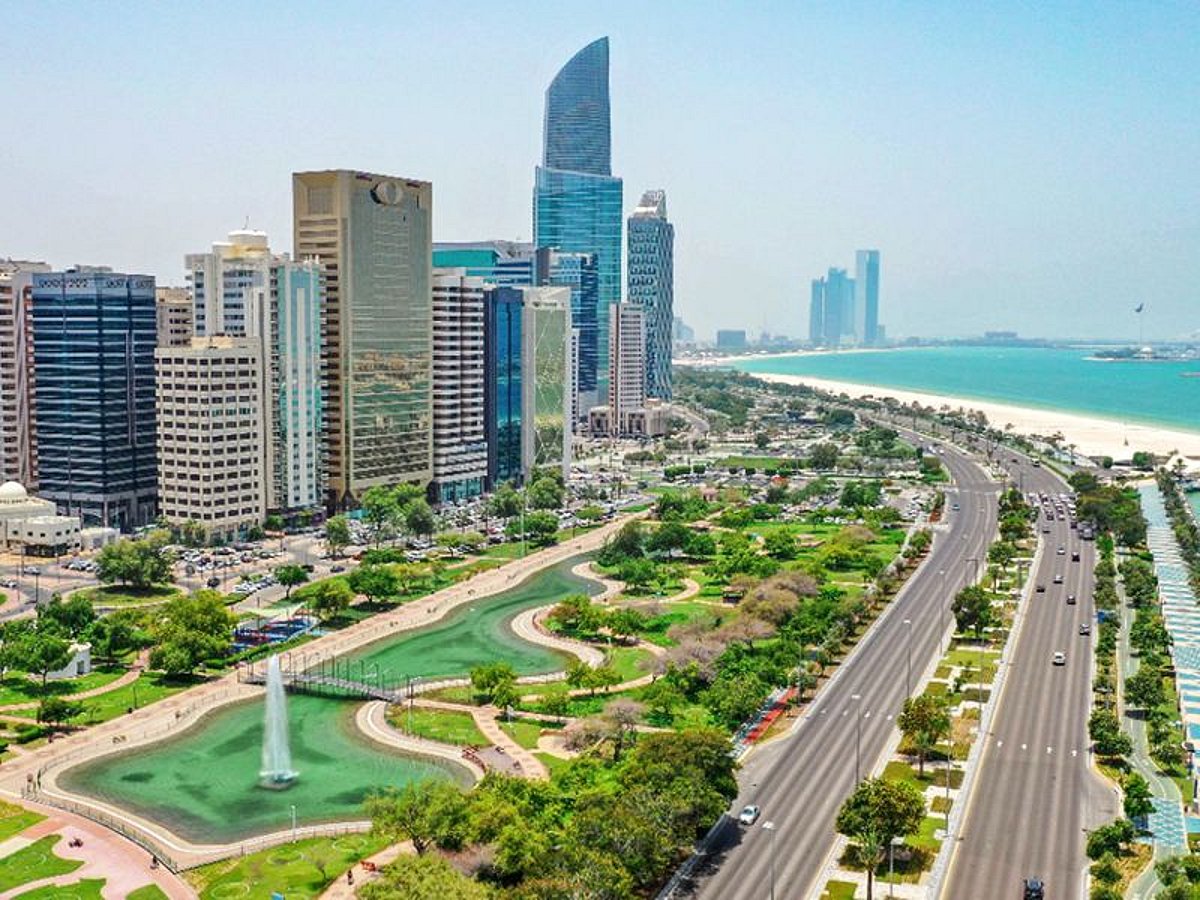Two more accused were sentenced to imprisonment by the National Investigation Agency (NIA) special court in the Pakistan-linked Visakhapatnam Navy spying case, on Monday. So far, a total of 10 accused have been convicted by the court. The trial…
Category: 1. Pakistan
-

NIA charges four LeT-TRF terrorists, two locals in Pahalgam terror attack; conspiracy traced to Pakistan
Pakistani terrorists Faisal Jatt alias Suleman Shah, Habeeb Tahir alias Jibran, and Hamza Afghani were killed by Indian security forces during the action in Operation Mahadev at Dachigam, Srinagar, in July 2025. Photo:…
Continue Reading
-

NIA charges four LeT-TRF terrorists, two locals in Pahalgam terror attack; conspiracy traced to Pakistan
Pakistani terrorists Faisal Jatt alias Suleman Shah, Habeeb Tahir alias Jibran, and Hamza Afghani were killed by Indian security forces during the action in Operation Mahadev at Dachigam, Srinagar, in July 2025. Photo:…
Continue Reading
-
India charges Pakistan-based militant groups, six men over Kashmir tourist attack – Reuters
- India charges Pakistan-based militant groups, six men over Kashmir tourist attack Reuters
- NIA charges Pakistan’s LeT commander, 5 terrorists with planning & executing Pahalgam attack Firstpost
- Jammu and Kashmir Chief Minister Omar Abdullah on…
Continue Reading
-
Tanveer calls on provinces to maintain strategic wheat reserves – RADIO PAKISTAN
- Tanveer calls on provinces to maintain strategic wheat reserves RADIO PAKISTAN
- Federal Minister for National Food Security and Research, Rana Tanveer Hussain, chairing the first meeting of the National Wheat Oversight Committee under the Interim…
Continue Reading
-
President attends an ‘At | DD News On Air
On the eve of Vijay Diwas, the Indian Army today organised Vijay Diwas At Home at Army House in New Delhi. The event was attended by President Droupadi Murmu and featured a showcase of indigenously developed technologies and niche…
Continue Reading
-

Panel Discussion on “Violence against Women: A P
LAHORE: (Monday, December 15, 2025): Punjab University Department of Public Health (DPH) hosted a panel discussion on “Violence against Women: A Public Health Concern” as part of the UN Women 16 days of Activism against Gender-based Violence…
Continue Reading
-
KP educational institutions to observe black day tomorrow for APS attack victims – RADIO PAKISTAN
- KP educational institutions to observe black day tomorrow for APS attack victims RADIO PAKISTAN
- Relatives of APS victims mark 11th anniversary of school massacre with candlelit vigil Dawn
- KP educational institutions to observe black day on Dec 16…
Continue Reading
-
PTI hires foreign companies to run selective narratives, propaganda on social media: Tallal Chaudhry – Dawn
- PTI hires foreign companies to run selective narratives, propaganda on social media: Tallal Chaudhry Dawn
- Talal Chaudhry accuses PTI of running anti-state campaigns via paid overseas accounts The Express Tribune
- Pakistan Threatens Brazil Style…
Continue Reading
-

Global Forum on Disaster Risk Management 2026
More than 1,500 experts, along with representatives from public and private sector entities, international organisations, and academic institutions, are expected to participate in the #UR26. The Forum will address key topics including among…
Continue Reading
